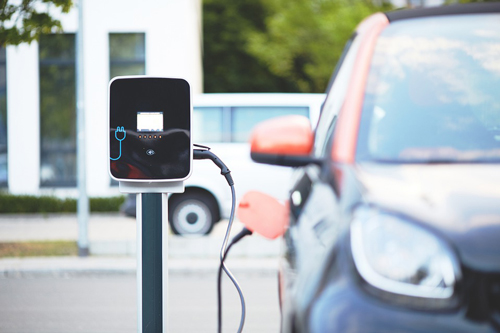
According to reports, according to the analysis of the non-governmental organization Transportation and Environment (T&E), in the first half of 2020, electric vehicles accounted for 8% of European car sales, which is expected to triple its market share this year. Although the new coronavirus pandemic has caused a significant decline in overall car sales, sales of electric vehicles (defined by T&E as battery and plug-in hybrid models) have increased. According to T&E, compared with the first half of last year, the market share of electric vehicles in the European Economic Area (EEA) has more than tripled. It stated that it is expected that the total sales of such cars this year will be expected to double to 1 million. T&E attributed the increase in sales to the stricter EU vehicle emission standards that came into effect this year, as well as the purchase incentives in Germany and France after the epidemic. The NGO expects that automakers will meet the 2020 emission standards, and the market share of electric vehicles and plug-in hybrid vehicles will triple by 2020, reaching 10% of vehicle sales in the European Economic Area. "This is because of the European Union's emission standards, but this is also due to the many investments made by car manufacturers last year," said Julia Poliscanova, co-author of the report. The European Automobile Manufacturers Association (ACEA) stated that the sales of electric vehicles are driven by national support programs to promote economic recovery from the COVID-19 epidemic, but this trend is not necessarily long-term. "It is difficult to make any predictions about the long-term changes in future consumer behavior that this kind of subsidy-driven'artificial' growth will affect," ACEA said. T&E urges the EU to set stricter future emission targets to ensure that electric vehicles gradually phase out polluting vehicles. The fuel-consuming SUV will increase its market share to 39% in the first half of 2020.
The European Commission has outlined plans for further tightening of car carbon dioxide limits as part of its proposal for stricter EU climate goals for 2030. ACEA stated that policymakers need to strengthen charging infrastructure and plans to make zero-emission vehicles affordable before considering the adoption of stricter carbon dioxide standards.
















 RCCN WeChat QrCode
RCCN WeChat QrCode Mobile WebSite
Mobile WebSite